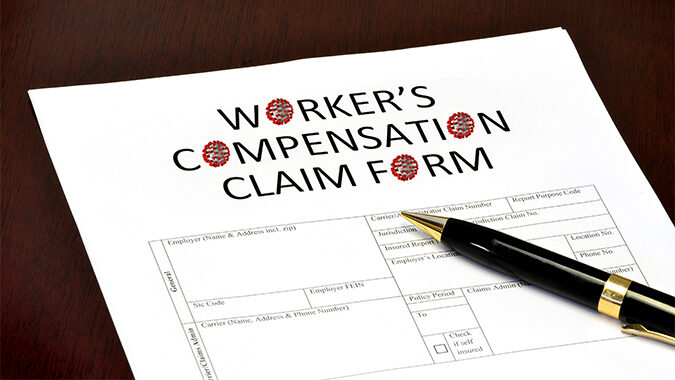
NJBIA opposed legislation before the Senate today that would reverse more than 40 years of legislative policy to expand employer liability for injuries that employees sustain off-site in parking lots and other areas not under the direct control of the employer.
The legislation, S. 771, passed 22-10 and now goes to the General Assembly.
“Passage of this bill will no doubt lead to increased claims and costs to employers," NJBIA Vice President of Government Affairs Ray Cantor wrote lawmakers in a letter to New Jersey senators. “Now, during the middle of a pandemic, when so many businesses are trying to keep their businesses operational, is not the time to impose additional, needless costs onto the business and non-profit sectors.”
Cantor pointed out the legislation will unfairly impact businesses located in cities.
“With parking areas often off-site, this bill will disproportionately harm employers in urban areas, making it even harder to redevelop our cities while keeping jobs out of disadvantaged communities,” Cantor said.
Cantor said expanding worker’s compensation to off-site parking lots also overturns decades of legislative policy limiting an employer’s liability to only areas under the employer’s direct control.
“The specific provisions of this bill would impose liability on employers for employees who are injured traveling between an off-site parking lot, that an employer voluntarily provides, and the place of employment,” Cantor said.
“The employer has no control over the conditions of the parking lot, cannot determine which route the employee may take or if the employee obeys traffic laws or not, or the actions of any third person, in a vehicle or otherwise, whose actions harm the employee. The employer cannot control the conditions of the sidewalks or streets as these are controlled by others.”
Imposing strict liability for actions beyond an employer’s control effectively punishes businesses for providing an employee benefit, Cantor said. If this legislation becomes law, employers who now pay for employee parking at off-site lots would be reluctant to continue providing this benefit because of liability concerns, he said.
“The end result is that the employee loses,” Cantor said.



